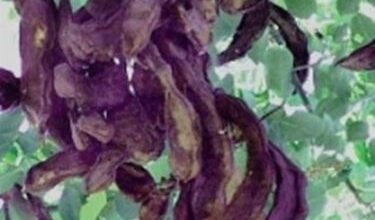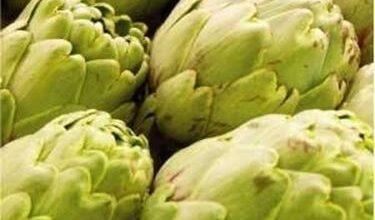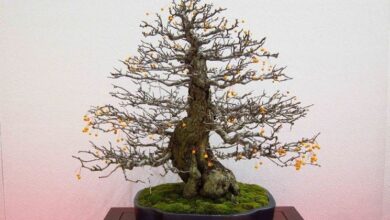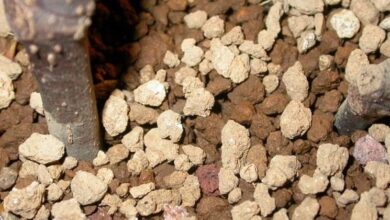Plant lice
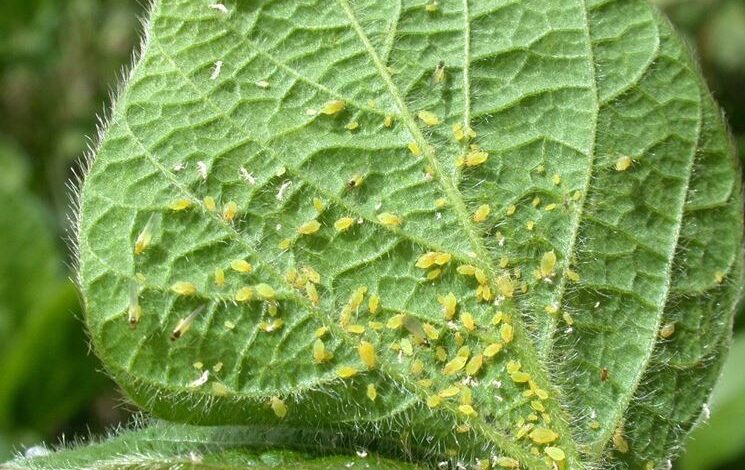
Nature anti-stress
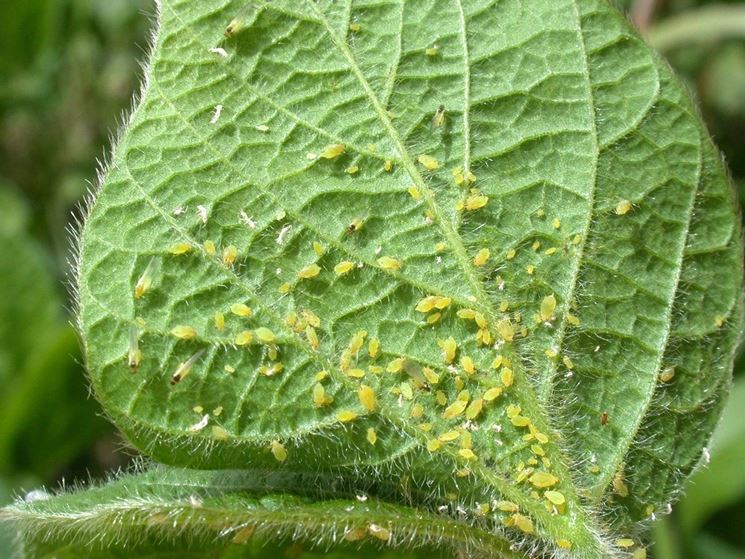
Garden with plants
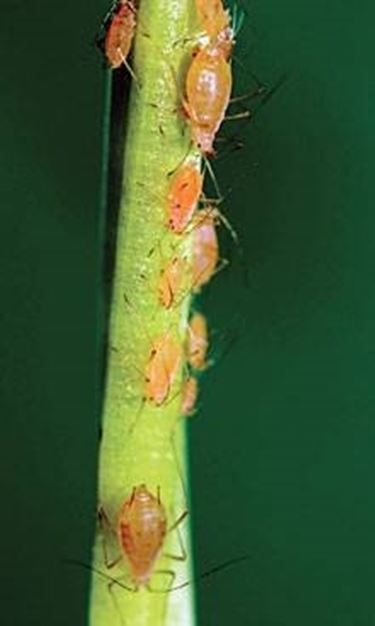
We just talked about how nature can be a fantastic stress reliever for all of us; it is for this reason that many people, in their free time, devote themselves to practicing sports in nature (the classic jogging or bicycle in the park) or take a simple walk in a quiet place: you can breathe fresh air and the oxygenated colors and scents of nature regenerate us completely and allow us to face other stressful days. The fact is, however, that due to traffic, parking problems and other commitments, reaching these places to relax becomes an additional stress and therefore you often give up. But many have found an almost magical solution: the home garden? For those who can afford it (unfortunately not all of us can,
The enemies
Yet there is something that, even in our garden, can disturb us by interrupting that magnificent moment of relaxation; no, we are not talking about the pseudo-friend representative who wants to sell us something, but about the enemies of plants, who are the real protagonists and architects of the peace that you live in a garden. Nature has managed to create everything we see and, if it has succeeded in doing so, it is only because it has created a subtle and very sophisticated state of balance between opposing forces: if for the gazelle there is the lion, for the plants there are the parasites. After all, plants are also living beings and as such are attacked by other forms of life that aim at survival in a particular and damaging way towards that of the plant species themselves. The «enemies» of plants can be summarized as: diseases, viruses, insect parasites and animal parasites, fungi. Each class has its pros and cons, in each there is someone dangerous and many harmless species. Basically it all depends on the type of plant and its genetics, or the ability to resist these external attacks. To this, in the case of plants in captivity, there is also what man does to help or worsen these natural defenses.
Plant lice: Plant lice
Did you know among the enemies of plants that they have «lice»? Yes, even if they do not have hair, the plants can be attacked and severely damaged by a species of insect which in vulgar terms is defined, in fact, «plant louse». Expressing ourselves in scientific terms, the species we are talking about is that of «aphids», small insects with enormous reproductive power that attack plants especially through the larvae, which have two defects: one, they are very numerous, and two, have an extraordinary appetite, which combined with the powerful jaws, causes large holes in the leaves and fruits of many plants. Not only that, their digestion produces a sweet substance that incredibly attracts a harmless but ugly to see mushroom, known as «fumaggine» due to the greyish color of the mycelium («mycelium»: visible part of the fungus). The remedies against plant lice are various, going through the chemical and the natural way; in this article we talk about a curious natural remedy: a percent of cinnamon essential oil in water for watering, abundant vaporization on the whole plant (already previously moistened with natural water) and unwanted guests, with adults and larvae, will abandon the specimen hit and all those wetted by the solution.

